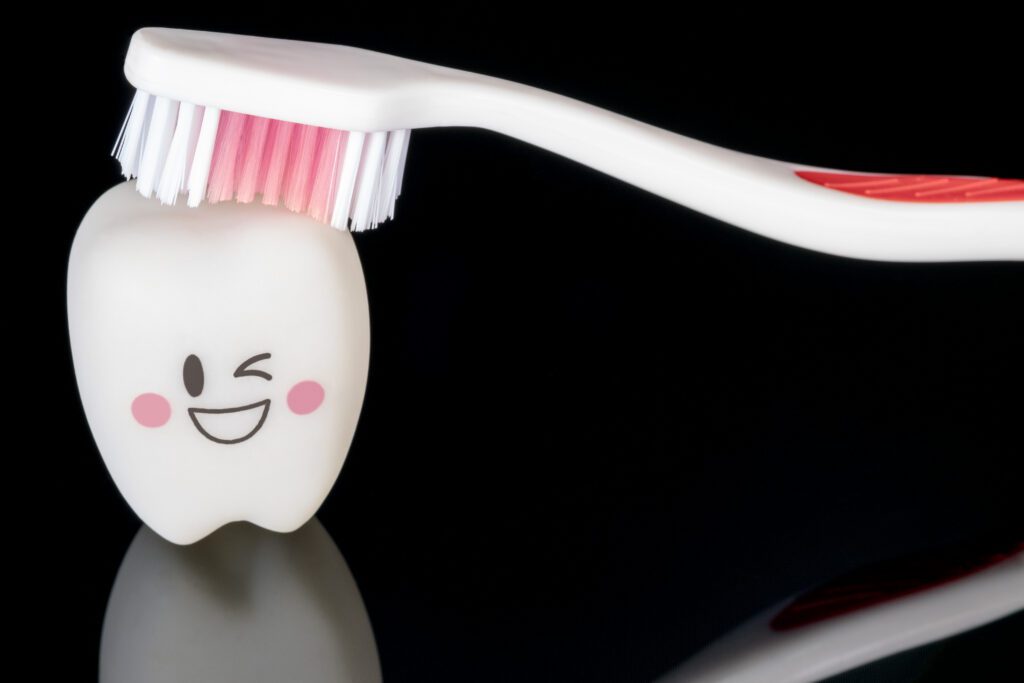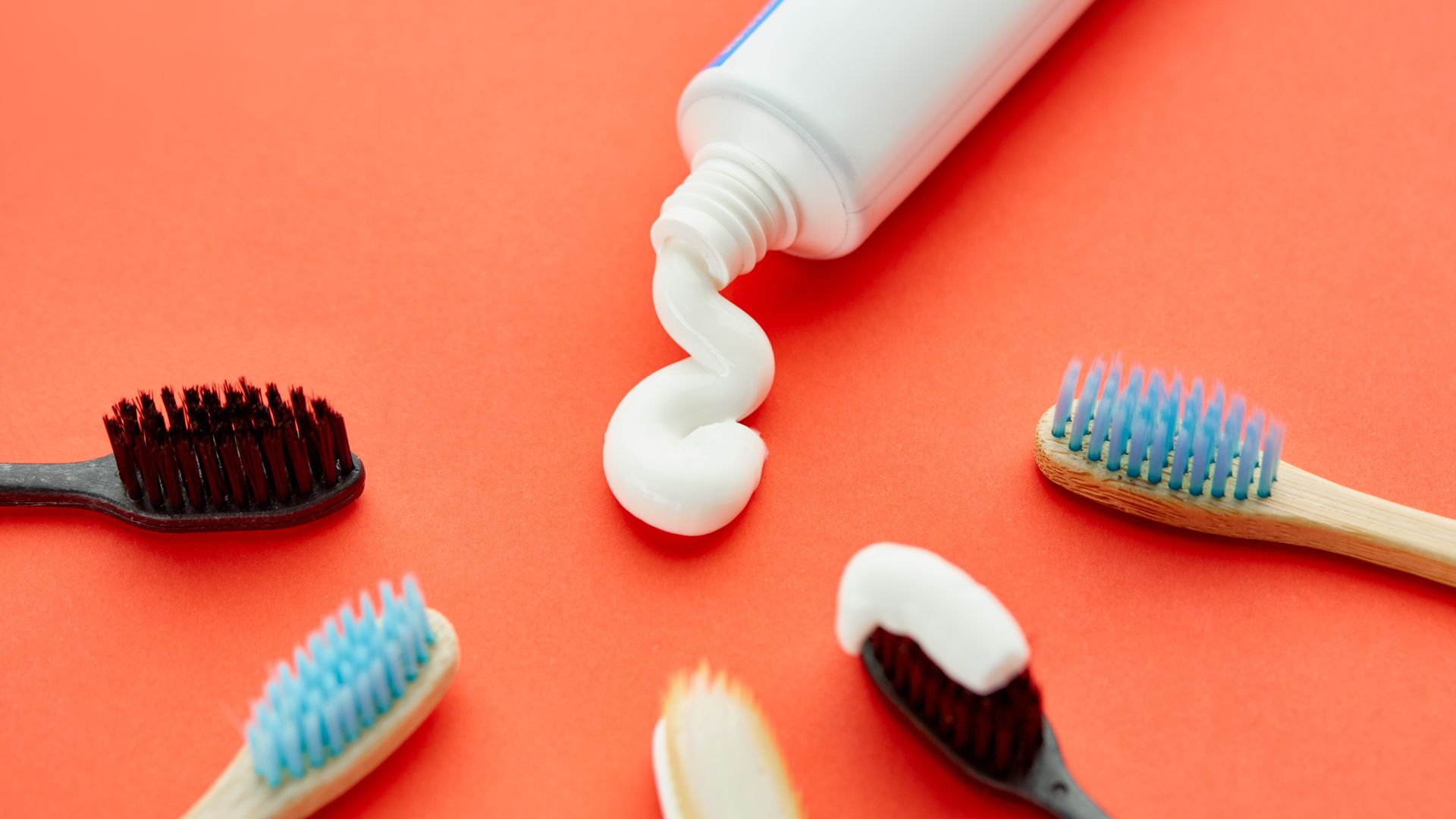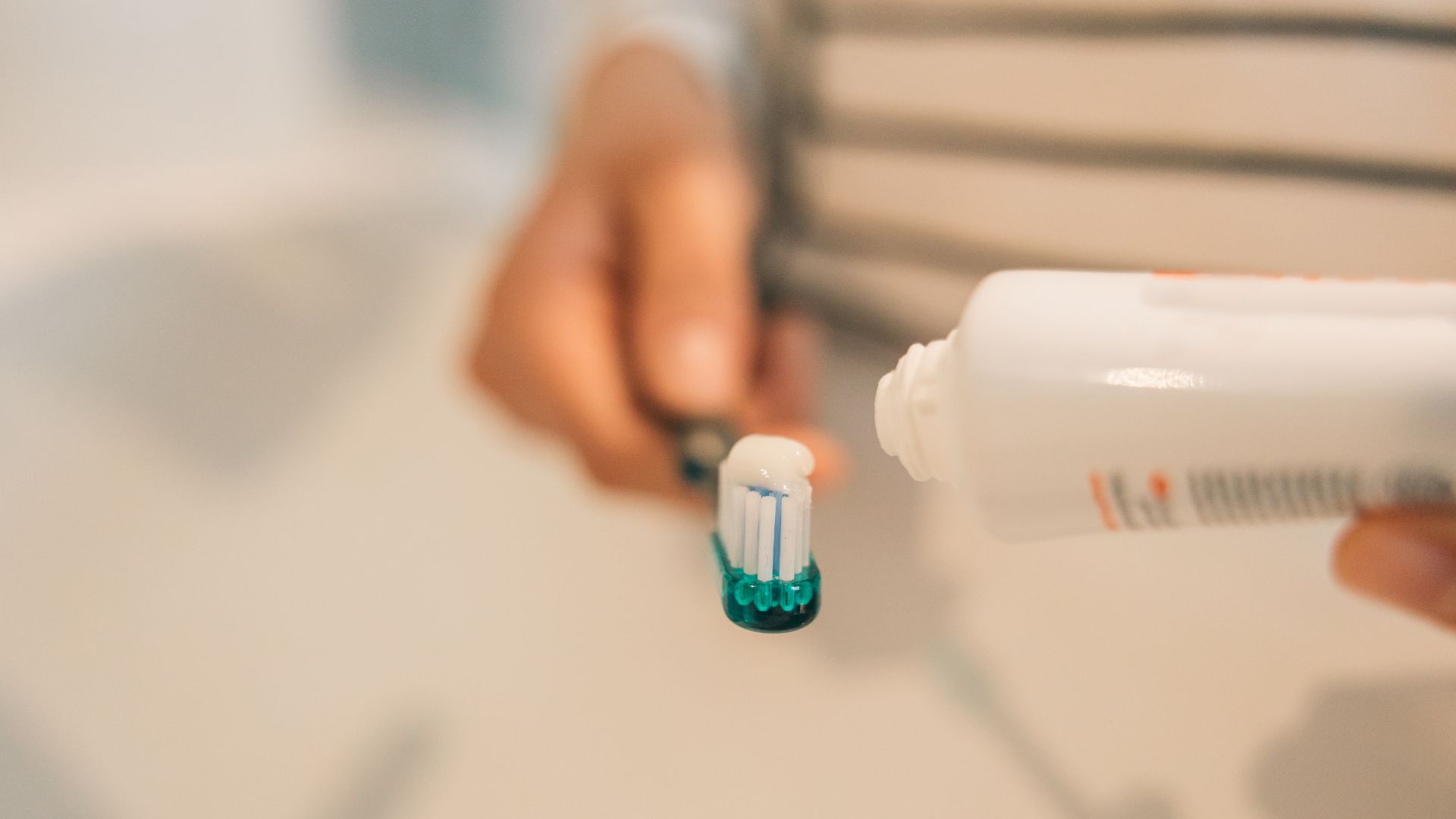Sensitive Teeth: Common Causes and Effective Solutions

Sensitive teeth can transform everyday pleasures into painful experiences. This condition, scientifically called dentin hypersensitivity, occurs when the tooth’s protective layers are worn away, exposing the nerve-rich dentin. The discomfort can range from mild to severe and may lead to questions such as “Why do my teeth hurt?” ” How can I stop sensitivity teeth pain immediately?” or “Why do I have sensitive gums?” Understanding the underlying causes and identifying effective solutions is crucial for those seeking relief from this discomfort.
Highlighting common triggers such as cold temperatures and acidic foods often leads to the question, “Why does my tooth hurt?” It also offers insights into preventive measures and treatments, from the use of desensitizing toothpaste and sensitive teeth toothpaste, designed as the best sensitive toothpaste for sensitive teeth with sensitivity formula and gum toothpaste, to professional interventions like a root canal. Additionally, it explores home remedies that could offer immediate relief and the importance of using a mouthguard in certain cases. It is essential to recognise when it’s time to seek dental advice for persistent sensitivity.
Understanding Tooth Sensitivity
What is Tooth Sensitivity?
Tooth sensitivity is often experienced as a short, sharp pain when consuming hot, cold, sweet, or sour foods and drinks or even by breathing in cold air. This discomfort stems from an exaggerated response to stimuli that typically would not cause pain. The structure of a tooth includes the crown, visible above the gum, and the root, which anchors the tooth. The crown comprises enamel, the hard protective outer layer, and beneath it lies the dentin, a softer layer containing tiny tubules. When the dentin is exposed due to worn enamel or receding gums or gum problems, it can lead to painful sensations known as tooth sensitivity.
The Role of Enamel and Dentin
Enamel is the hardest material in the body, stronger than bone, and serves as the first line of defence for teeth. Beneath the enamel is the dentin, which is less dense and contains microscopic tubules. These tubules lead directly to the pulp, a soft tissue at the tooth’s centre that houses nerves and blood vessels. When enamel is eroded, or gums recede, these tubules allow stimuli to directly reach the tooth’s nerve, causing discomfort associated with sensitive teeth. Protecting enamel and preventing its erosion through good dental hygiene and avoiding acidic foods is crucial to mitigating tooth sensitivity.

What Causes Sensitive Teeth
Hot and Cold Foods
Individuals with cold or sensitive teeth often experience pain when consuming hot or cold foods and beverages. This discomfort is primarily due to dentin exposure, a sensitive layer beneath the tooth enamel, which occurs when the enamel is worn down or gums recede. Common culprits include ice cream, hot coffee, and cold drinks. Managing the temperature of what one consumes can help mitigate this sensitivity.
Sweet and Acidic Foods
Foods high in sugar and acid can exacerbate tooth sensitivity, contributing to enamel erosion. Sweet treats like candies, desserts, and acidic foods such as citrus fruits, tomatoes, and vinegar are known to trigger discomfort. Reducing the intake of these foods or opting for less acidic alternatives can help preserve enamel and reduce sensitivity episodes.
Physical Contact like Brushing
Aggressive tooth brushing or hard-bristled toothbrushes can also lead to sensitive teeth. These wear down the enamel over time and cause gum recession. To avoid further damage, it is advisable to use a soft-bristled toothbrush and brush gently.

Home Remedies for Sensitive Teeth
Using Desensitizing Toothpaste
Desensitizing toothpaste is a common and effective remedy for sensitive teeth; it is the best toothpaste for sensitive teeth. It contains ingredients that help block the tubules in the dentine, reducing the sensitivity of the nerves in your teeth and preventing nerve irritation. Regular use, ideally twice a day, can significantly alleviate discomfort and help with sensitivity relief. However, it is important to choose toothpaste without strontium due to its potential side effects and unproven effectiveness in desensitization.
Applying Fluoride Varnish
A dentist can apply fluoride varnish to sensitive areas of your teeth. This treatment involves applying a resin-based fluoride varnish that alleviates sensitivity and protects against further enamel erosion. For ongoing care, dentists might recommend using prescription fluoride at home, which continues to fortify tooth enamel and lessen sensitivity.
Dietary Changes to Reduce Acid
Limiting acidic foods and drinks can significantly benefit your dental and gum health, especially if you suffer tooth sensitivity. Acidic items like carbonated drinks, citrus fruits, and wine can erode tooth enamel over time. Using a straw for acidic drinks and rinsing with water after consuming acidic foods can help minimize their impact on your teeth. Additionally, incorporating dairy or other calcium-rich foods after meals can neutralize acids.

When to See a Dentist
Persistent Sensitivity
People with persistent tooth sensitivity that does not improve with home remedies should consult their dentist. This ongoing discomfort may indicate underlying issues requiring professional assessment and treatment. Regular dental check-ups are crucial as they help effectively diagnose and address the root cause of sensitivity.
Severe Pain
Severe pain or sensitivity that interferes with daily activities is a clear signal to seek immediate dental care. Such symptoms may suggest more serious conditions like tooth infection or structural damage, which could potentially escalate if left untreated. To alleviate pain, a dentist can provide emergency care or more targeted treatments, such as root canal therapy. If symptoms like bleeding gums, swelling, or a persistent bad taste occur, a dentist should be consulted to ensure these are not signs of infection or gum disease.
Recommendation for Professional Treatments
Dentists might recommend advanced treatments for cases where basic interventions do not suffice. These can include the application of fluoride or dental adhesives to strengthen tooth enamel and protect against sensitivity. Dental procedures might be necessary to cover exposed dentin or replace eroded gum tissue. Consulting a dentist is essential to tailoring the treatment plan accordingly and ensuring the long-term health of their teeth.
Conclusion
This article explored the causes and treatments of sensitive teeth, shedding light on the complexity of dentin hypersensitivity from common triggers to useful cures. It highlighted how key it is to know a tooth’s structure, push for preventive actions, and use quick fixes like desensitizing toothpaste and changing your diet. It also pointed out how important dental experts’ advice is for ongoing or harsh symptoms, showing the essential role dentists play in handling tooth sensitivity.
As we progress in reducing the pain of sensitive teeth, it’s clear that using home care and professional treatments helps improve dental health and quality of life. The methods discussed offer relief and help keep tooth enamel and overall dental health strong. By tackling tooth sensitivity directly with smart choices and quick actions, people can enjoy life’s simple joys again without giving up anything.


